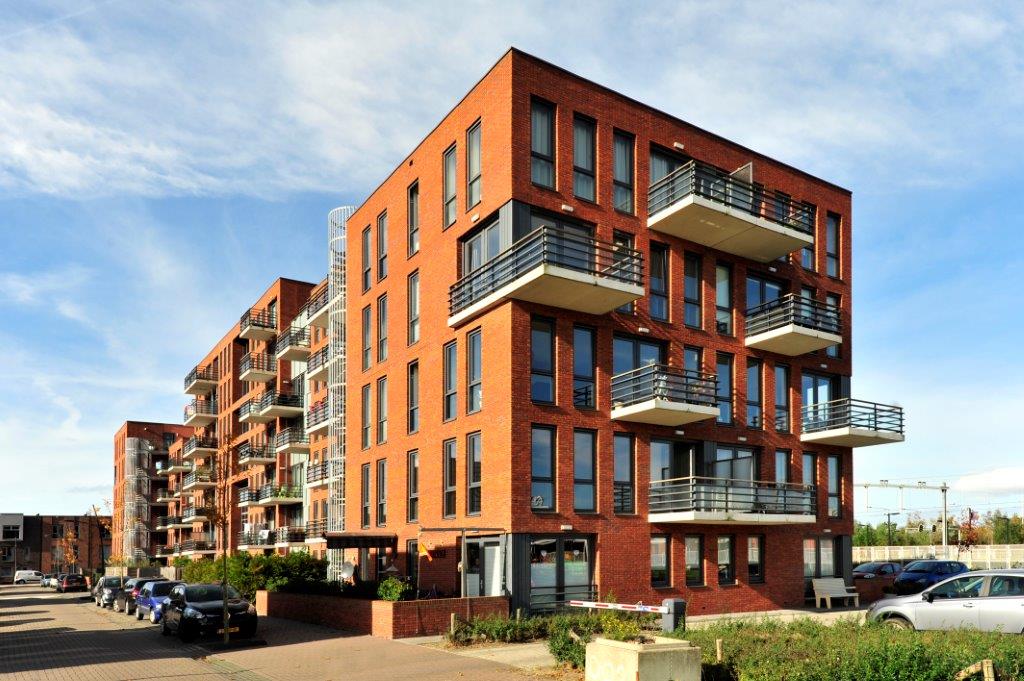Housing corporations evict fewer tenants for rent arrears
 Dutch housing corporations evicted 4,800 tenants last year, a drop of 14% on 2015, according to new figures from umbrella group Aedes.
Dutch housing corporations evicted 4,800 tenants last year, a drop of 14% on 2015, according to new figures from umbrella group Aedes.
Most of the evictions were due to tenants not paying their bills and the decline in evictions is due to a proactive approach to debts, the organisation says. The corporations are more likely to contact tenants quickly if the rent is not paid and offer help with solving financial problems.
‘If the rent is not paid, we get in touch within three weeks,’ Michiel van Tongeren from housing corporation Woonconcept told broadcaster NOS. ‘We used to wait two months and then the problems were much more difficult to solve.’
In total, Aedes tenants owed €306m in unpaid rent at the end of last year, down €39m on 2015. Almost four in five evictions involved single people.
At the same time, however, the corporations are warning about the increase in difficult tenants with mental health issues. Some 75% of corporations say they are having to cope with a rise in tenants with a history of addiction, psychiatric illness and dementia.
‘The government wants these people to live independently for longer but it does create problems for landlords and neighbours,’ Aedes spokesman Quinen Snijders told NOS.
‘We would like to know earlier about the background of new tenants. Now we only find out when there are problems. But if we were aware of the issues we could take preventative action with the council and health services.’
Thank you for donating to DutchNews.nl.
We could not provide the Dutch News service, and keep it free of charge, without the generous support of our readers. Your donations allow us to report on issues you tell us matter, and provide you with a summary of the most important Dutch news each day.
Make a donation